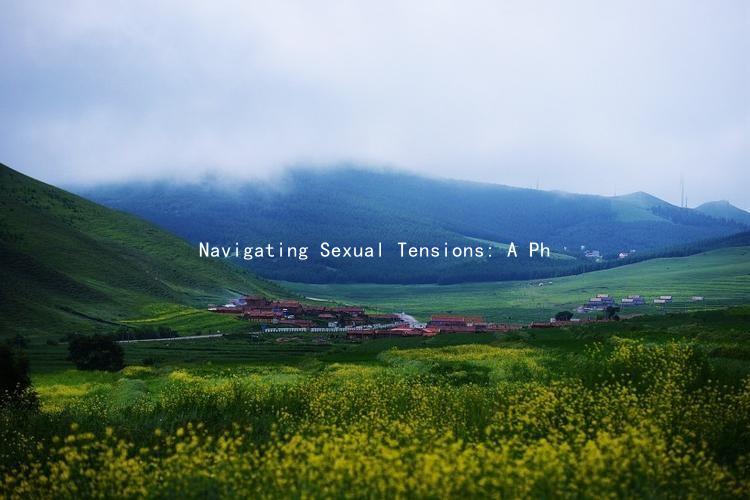The Art of Intimacy: Philosophical Insights into Modern Relationships
The Art of Intimacy: Philosophical Insights into Modern Relationships
In today’s fast-paced world, the pursuit of intimacy in romantic relationships has often been overshadowed by superficial interactions and fleeting connections. Yet, the true essence of intimacy transcends physical closeness and extends into the realms of emotional and intellectual bonding. To navigate the complexities of modern relationships, one must explore the philosophical foundations that underpin authentic connection.
Philosophers such as Plato and Kierkegaard have long pondered the nature of love and intimacy. Platos concept of Platonic love emphasizes the importance of mutual understanding and shared values, suggesting that true intimacy arises not merely from physical attraction, but from a connection of souls. In modern relationships, this idea translates into the necessity of emotional compatibility and shared life goals. Couples who engage in deep conversations about their values, aspirations, and fears cultivate a foundation for intimacy that thrives beyond the physical.
Kierkegaard’s notion of “the single individual” sheds light on the importance of self-awareness in relationships. He argues that before one can truly connect with another, they must first understand themselves. This self-awareness fosters authentic communication, allowing partners to express their needs, desires, and vulnerabilities without fear of judgment. In practice, this means encouraging open dialogue within the relationship and creating a safe space for both partners to share their innermost thoughts and feelings.

Moreover, the notion of empathy is central to the art of intimacy. Philosophy teaches us that empathy is more than just understanding someone elses feelings; it’s about resonating with those emotions and validating them. In relationships, practicing empathy involves active listening and a genuine effort to comprehend a partner’s perspective, even when it diverges from one’s own. This mutual respect and understanding can bridge emotional gaps and foster a deeper bond, making both partners feel valued and appreciated.
Additionally, an awareness of the temporality of relationships—a concept echoed by existentialists—can guide couples toward greater intimacy. Recognizing that relationships evolve and are shaped by shared experiences can help partners navigate inevitable challenges with grace. Emphasizing growth over perfection allows couples to see each obstacle as an opportunity for connection, rather than a barrier. This mindset encourages vulnerability, as partners are more likely to support each other through trials rather than retreat into isolation.
Lastly, the importance of intentionality in modern relationships cannot be overstated. Relationship philosopher Alain de Botton emphasizes that love is not merely a feeling but a commitment to care for another person. This intentional approach involves taking concrete steps to nurture intimacy—such as scheduling regular date nights, engaging in meaningful activities together, or simply dedicating time to discuss the relationship itself. By being deliberate in nurturing their connection, couples can create an environment where intimacy can blossom.
In conclusion, the art of intimacy is a deeply philosophical pursuit that requires self-awareness, empathy, and intentionality. By grounding their relationships in these principles, modern couples can transcend fleeting interactions and foster genuine connections that stand the test of time. In a world often captured by surface-level exchanges, the commitment to cultivating intimacy offers a profound and enriching experience that enhances both personal growth and shared joy.





